Israel sprays Palestinian farmlands in Gaza with toxic pesticides
Israeli planes have reportedly sprayed toxic chemical substances and dangerous pesticides on farmlands across the besieged Gaza Strip in yet another act of aggression against the besieged Palestinian coastal enclave.
Local sources, speaking on condition of anonymity, told Arabic-language Wafa news agency on Tuesday that the area between the southern Gaza Strip city of Khan Yunis and the central Gaza Strip city of Dayr al-Balah have been affected as a result.
The sources added that Israeli military forces have threatened to open fire on shepherds and farmers if they approach those regions.
This is not the first time that Israeli aircraft poison Palestinian produce by spraying harmful substances on them.
On April 4, Israeli drones sprayed weed killers and pesticides on Palestinian crops in the eastern parts of the Gaza Strip.
Palestinian farmers, requesting anonymity, said melon, watermelon, okra, and wheat fields close to Israeli checkpoints were sprayed with "poisonous pesticides” and weed killers.
Local farmers said Israeli troops spray weed killers to dry wild plants around security fences in order to have clear vision to watch the area, but they usually spray dozens of meters around their targeted areas, killing and damaging Palestinian crops.
The continuing Israeli blockade of the Gaza Strip is putting the lives of people at risk, taking a heavy toll on the enclave's agriculture sector.
Farmers are struggling to meet growing demands of 1.8 million Gazans who are living in the tight grip of the Israeli siege. They face many challenges due to shortages in farming equipment and more importantly, approved pesticides.
Due to the decline in production and Israel's ban on the entry of basic commodities, Gazan farmers have resorted to the use of banned chemical substances to maximize crop yield. This poses a serious health hazard to both farmers and their consumers.

Meanwhile, the United Nations has expressed concerns over the excessive use of toxic pesticides by Gaza farmers.
Many medical experts in Gaza are worried about a rise in the number of registered Gazan cancer patients, especially in the agricultural areas.
They warn that children are more susceptible to diseases such as leukemia than adults in such regions.
Gaza Strip has been under Israel’s blockade since June 2007. The crippling siege has caused a decline in living standards as well as unprecedented levels of unemployment and unrelenting poverty.
Israel launched its latest war on the Gaza Strip in early July 2014. Nearly 2,200 Palestinians, including 577 children, were killed in Israel’s 50-day onslaught. Over 11,100 others – including 3,374 children, 2,088 women and 410 elderly people – were also injured.
At least 7 killed in Israeli aggression on southern Lebanon after Hezbollah strikes
Iran writes to UN, warns about dire consequences for perpetrators following Leader's martyrdom
Hezbollah strikes occupied Haifa in retaliation for Leader's assassination
Ansarullah mourns Leader's martyrdom as 'great loss' caused by 'most wretched terrorists'
Hezbollah offers condolences to Iranian nation over Leader’s martyrdom
US-Israeli strike targets IRIB facility; broadcasts continue
IRGC: Latest waves of Op. True Promise 4 led to tanker strikes, base shutdowns, heavy casualties
CENTCOM confirms US troops killed in Iran’s retaliatory strikes



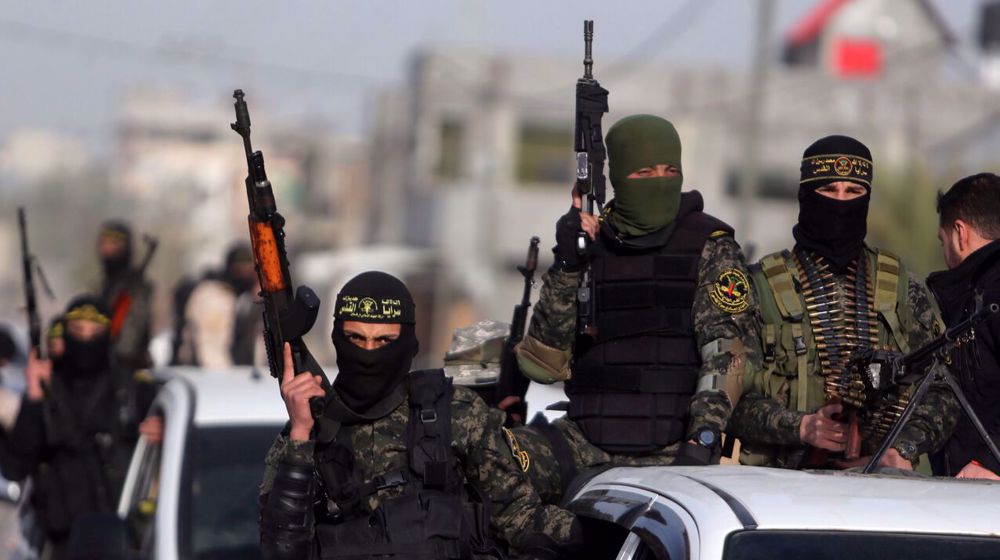
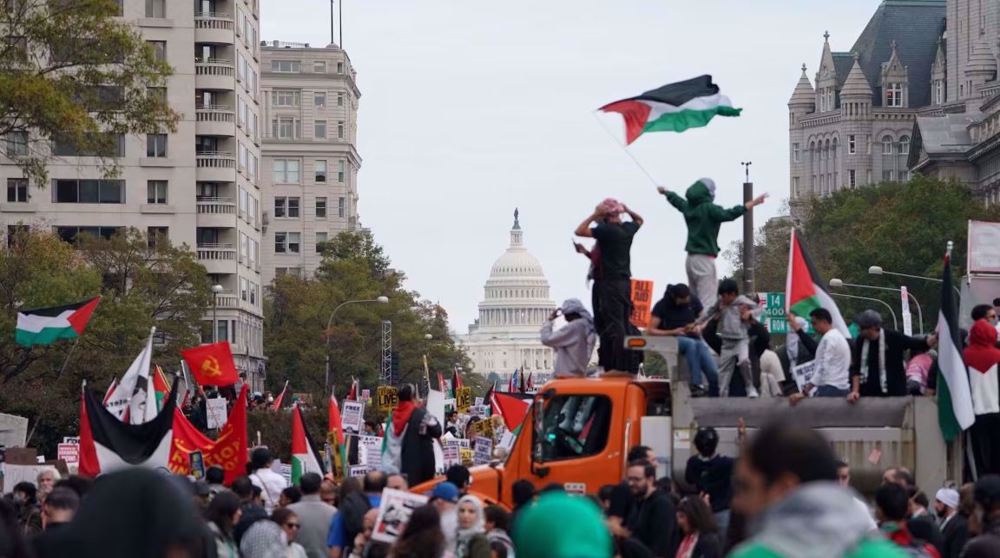
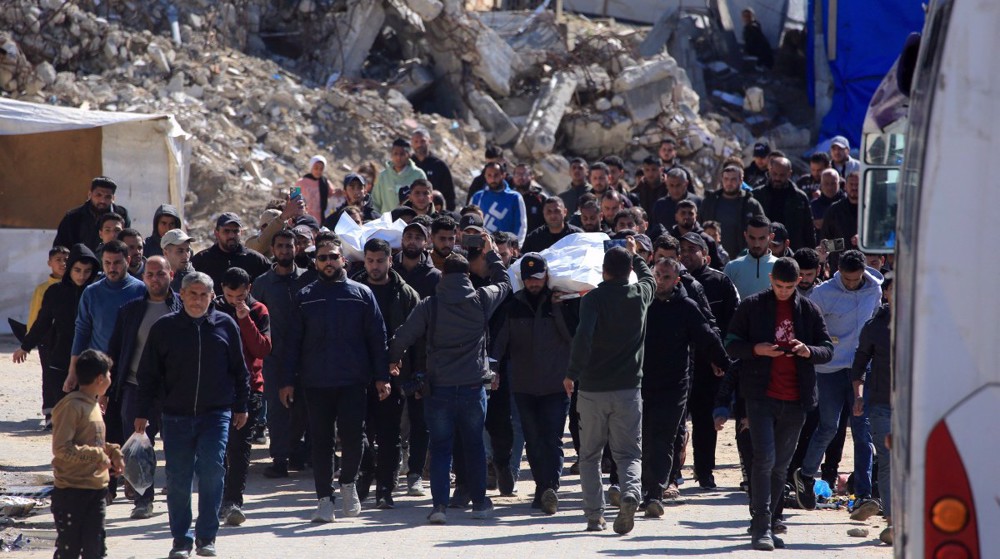



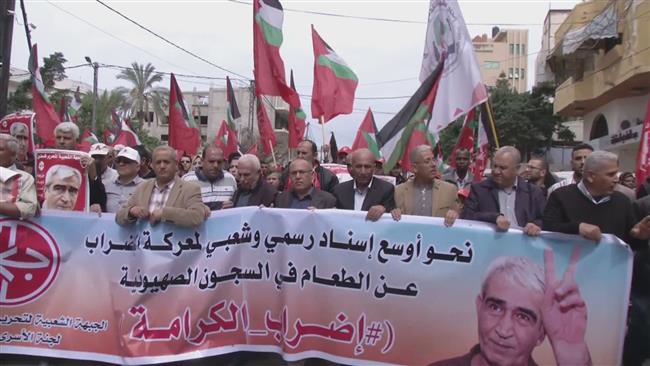

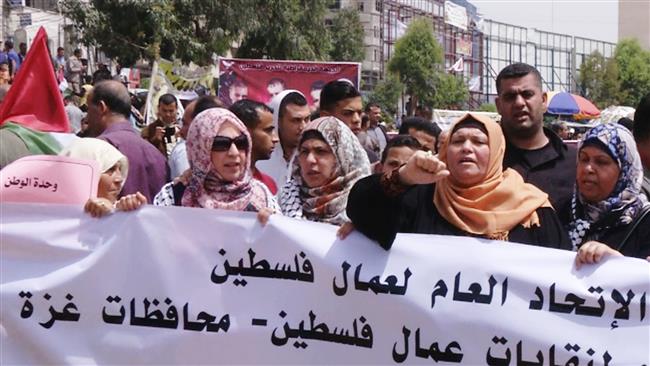
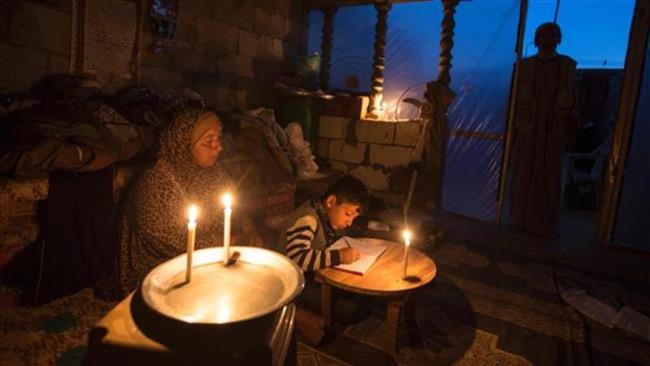
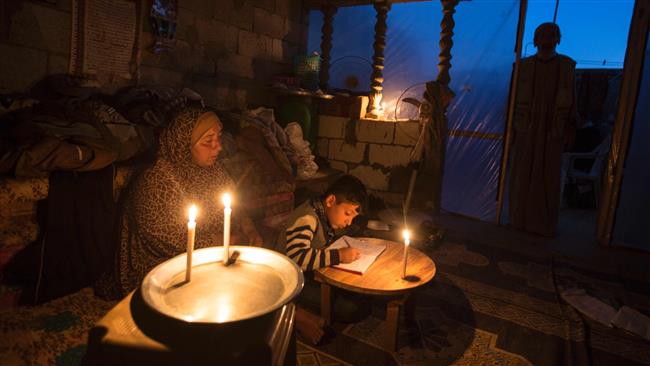
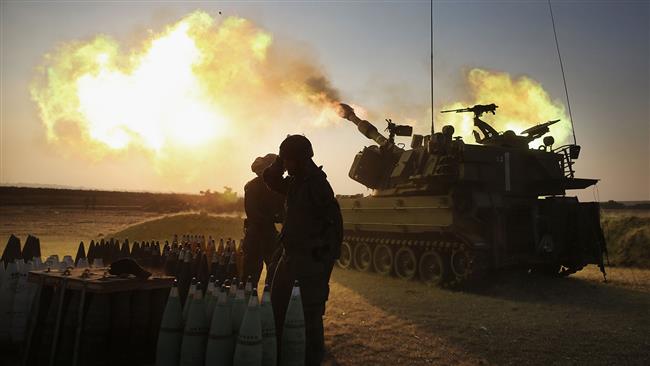
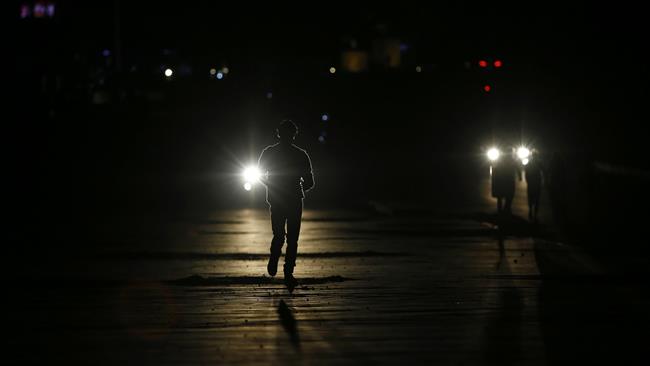
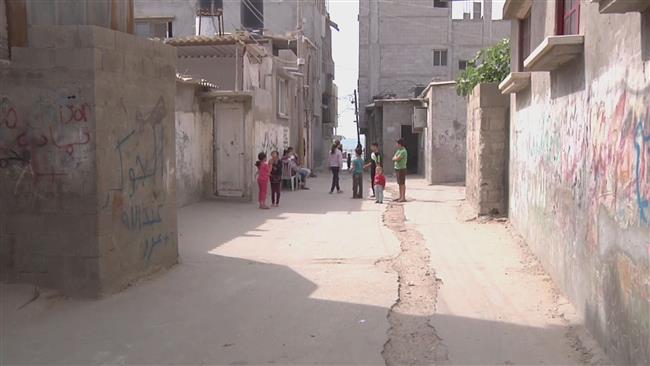

 This makes it easy to access the Press TV website
This makes it easy to access the Press TV website